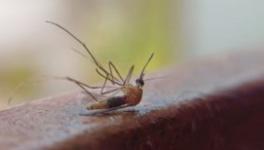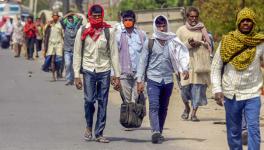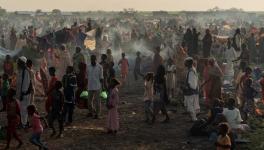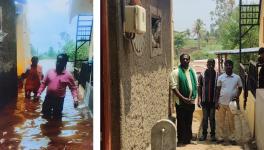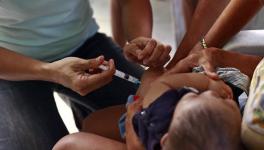Dengue Outbreak in Karnataka, Six Reported Dead
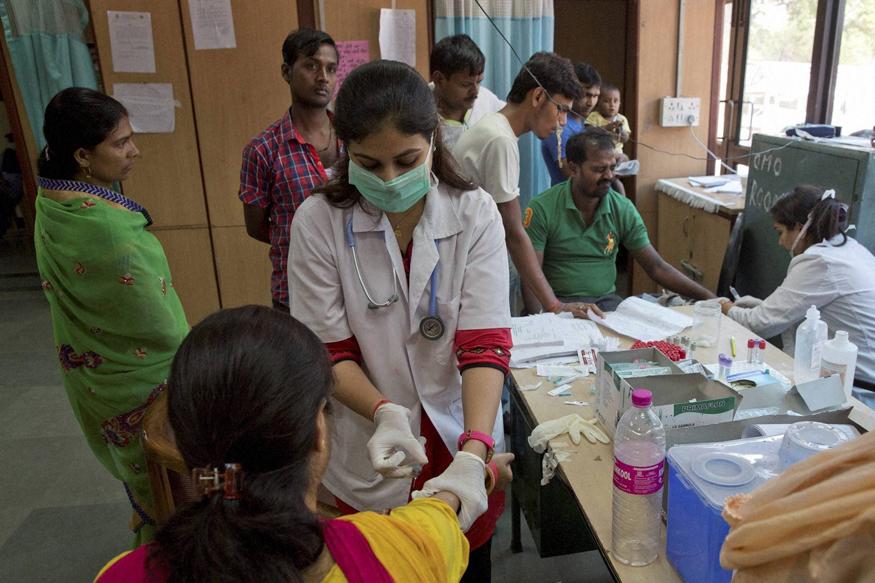
Image Courtesy: PTI
The count of Dengue infected persons has been increasing in the state of Karnataka. A mosquito-borne viral disease, Dengue is more likely to spread during the monsoons. As per a report in The New Indian Express, there have been six deaths in the state already. Another report by News18 in the last week of August said, “Following the flooding of Krishna and Bhima rivers in Yadgir districts, an outbreak of dengue and chikungunya has been reported in the Hyderabad-Karnataka region.” Flooding and heavy monsoons resulting in stagnant water, which act as breeding grounds for Dengue and Chikungunya causing mosquitoes, have led to rising cases of such disease this year.
According to a report in Prajavani, a Kannada daily, a total of 10, 524 cases of Dengue have been recorded in the state since January 1, 2019, and six of them have died after being unresponsive to treatment. According to the Ministry of Health and Family Welfare, of the five worst-hit states, four are in South India: Karnataka, Tamil Nadu, Telangana and Kerala. Other states affected with dengue in 2019 are Gujarat and Rajasthan.
Also read: The Tale of an Unscientific Campaign to Control Dengue
As the Prajavani report says, during the same time the previous year, around 2,199 Dengue cases were reported. This year, however, the number of Dengue cases reported in the region under Bruhat Bangalore Mahanagara Palike (BBMP) have gone up to 6,515. In Dakshina Kannada region- 948 cases; 384 cases in Shivamogga; 272 in Haveri; 199 in Chamarajanagar; 183 in Kalburgi; 157 in Hassan; 167 in Udupi; 161 in Chikmagalur and 161 cases in Davangere have been reported.
Reportedly, within two weeks since July 4, the state has seen 1,714 dengue cases whereas the number was 3,058 between January 1 and July 3. According to The New Indian Express, “Malaria, a common ailment in the Malnad and coastal areas, has also crept into the BBMP limits owing to uncontrolled breeding of mosquitoes.” With the flood situation persistent and rains expected to continue in the state, there is a need for government intervention in preventing the spread of the disease.
Also read: Funds Crunch Hits India’s Anti-Malaria Fight
According to the National Vector Borne Disease Control Programme (NVBDCP), source reduction of vector is still the single most effective method to control dengue and other vector borne diseases like malaria. Local body government and health systems should be strengthened to take up vector control and provide necessary conservative treatment.
However, as senior journalist Subodh Varma writes, NVBDCP is seeing a severe fund crunch nationally. He observes, “A recent query in the Lok Sabha (#107 on 9 Feb 2018) on how much spending is being done on the National Vector Borne Diseases Control Programme (NVBDCP) under the health ministry elicited a response from the health minister J. P. Nadda where he revealed that annual fund allocation for this key programme had declined by 13% between 2014-15 and 2017-18. In 2014-15, when the present Modi government took over, Rs. 541 crore were allocated for this programme that is charged with control of all vector borne diseases including malaria, dengue, chikungunya, Japanese encephalitis, filariasis, etc. In 2017-18 it stood at Rs. 468.5 crore.”
Also Read: Modi Government’s Lack of Will to Attend to Natural Calamities
He further notes, “It has also been found that distribution of Long Lasting Insecticidal Nets (LLIN) – considered one of the most effective ways of protection against mosquitoes – has been very limited. Under the UPA regime, auctions were cancelled twice and $200 million was returned to World Bank without any LLINs being purchased. Now, it is reported that since 2014, some 12.4 million nets were purchased and another 5 million in the pipeline by 2016. The estimated need of such nets is about 250 million.”
As NewsClick has reported earlier, the current Modi government lacks the will to attend to natural calamities in the country. Karnataka is yet to receive flood relief fund and the question of attending to the diseases caused by these natural calamities is far from the view of this government.
Get the latest reports & analysis with people's perspective on Protests, movements & deep analytical videos, discussions of the current affairs in your Telegram app. Subscribe to NewsClick's Telegram channel & get Real-Time updates on stories, as they get published on our website.












